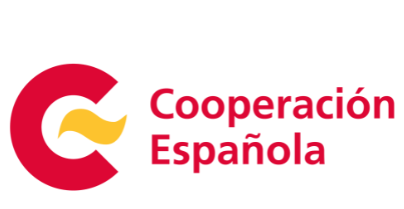Join our mailing list to receive the new INFF Quarterly newsletter. View the first issue here.
The number of people working on INFF development around the world is growing fast. In 2019, 16 countries committed to pioneer an INFF. By 2022, that number grew to more than 80.
With each new country, we welcome more people, experiences, perspectives and ideas to the INFF community. From high-level government officials keeping the momentum going to civil servants doing the day-to-day work, an INFF involves the coordinated work of many different people and organisations.
The diversity of this community is the source of its strength. It’s a reflection of the integrated nature of an INFF: it is only as inclusive and diverse as the community that created it.
As we meet with different countries to discuss their INFF experience, “partnerships” is a word that comes up again and again. One of the greatest values of an INFF is its ability to bring people together, to examine existing challenges from all angles and take forward solutions collectively.
Globally, the new INFF Facility* is bringing together international organisations in the financing for development space to support country-led INFFs. The United Nations Development Programme (UNDP), the United Nations Department of Economic and Social Affairs (UNDESA), the Organisation for Economic Cooperation and Development (OECD), the Swedish International Development Agency (SIDA), the Italian Agency for Development Cooperation and the European Commission have come together to align our efforts under the Facility.
At the country level, discussions around INFF roadmaps and financing strategies are bridging ministries, convening state governments, bringing together the private sector, civil society and development partners and connecting members of the finance ecosystem. For many countries, this marks the very first time these groups have worked together under one roof.
These partnerships are integral to the success and longevity of INFFs.
But connecting all these people isn’t easy. They work in different sectors and industries, have different skillsets, span geographies and cultures and speak different languages. They operate in different socio-economic contexts: from small island states navigating the high cost of climate change to emerging economies trying to escape middle income traps, for example.
To improve the exchange of information, experiences and lessons between these countries (and the network of partners supporting them) the INFF Facility is developing new lines of communication, starting with our very first newsletter.
Today, the INFF Facility will launch INFF Quarterly, a space for the growing INFF community to share stories, achievements, upcoming events and helpful materials, and learn how other countries are innovating through INFFs.
If you’d like to receive the newsletter, please subscribe to our mailing list.
If you’d like your content to be featured in the newsletter, drop me an email or tweet us at @INFFplatform on Twitter.
The sheer number and scope of INFF processes around the world makes forging relationships, sharing information and staying on top of new developments a bit daunting. We hope this newsletter makes it a bit easier :)
*Keep an eye out for the formal launch of the INFF Facility later this month !!




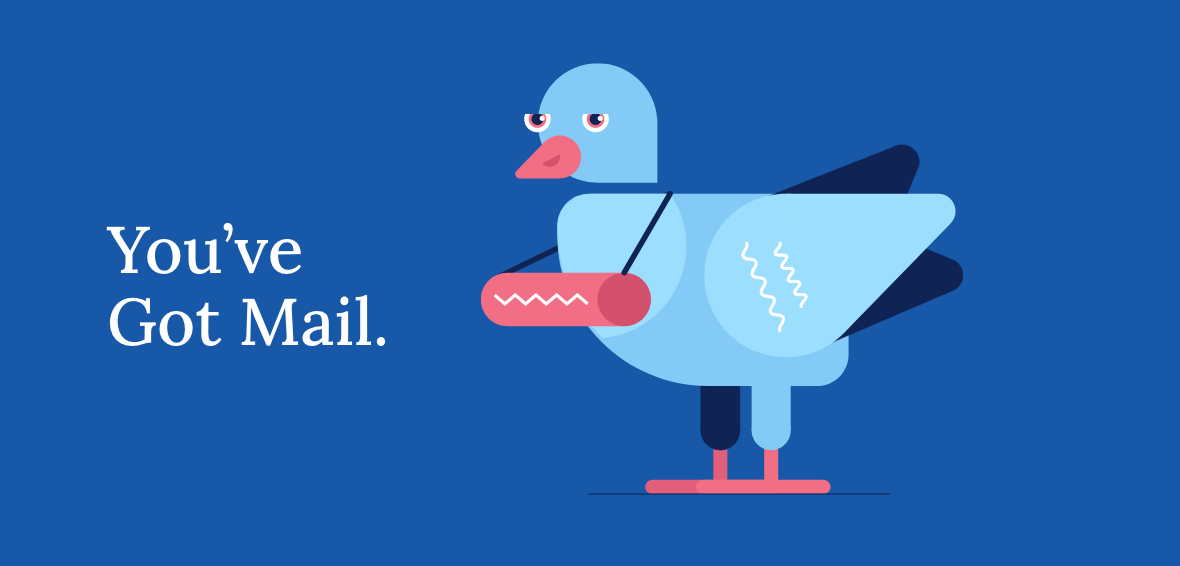


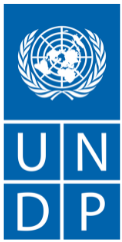

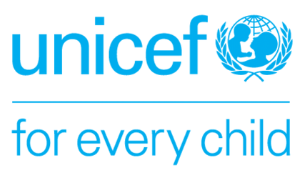

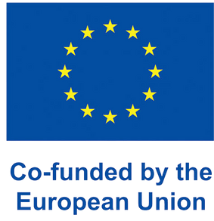
.png)

